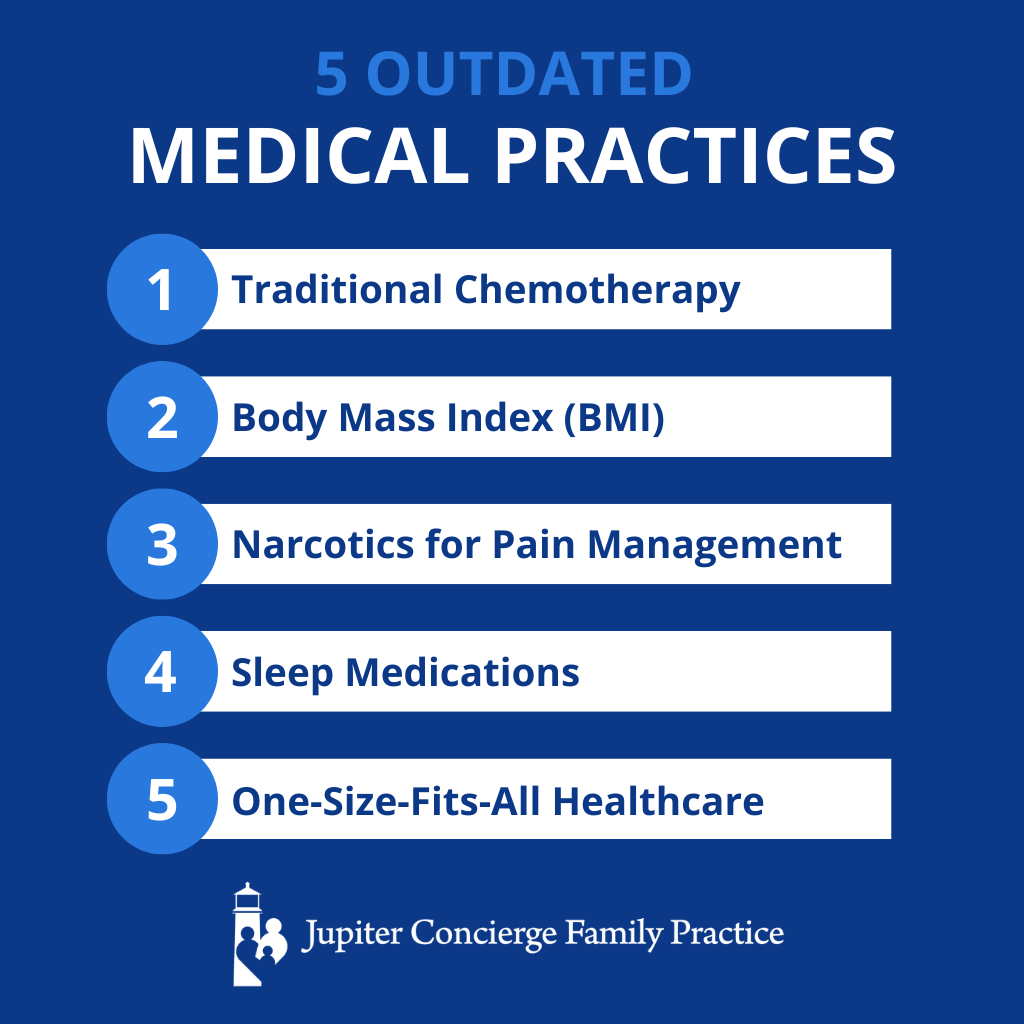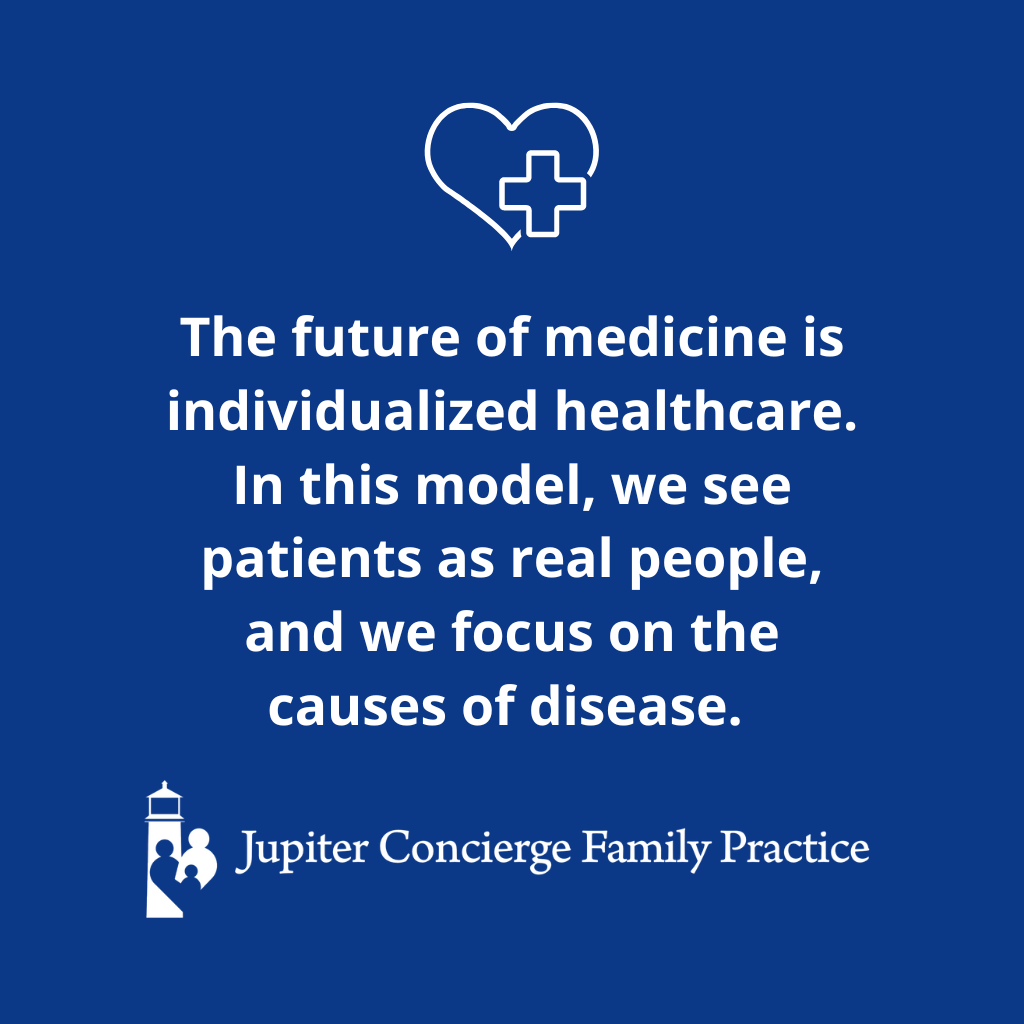
Science and medicine are constantly evolving. With the benefit of hindsight, some outdated medical practices that were once common now seem ridiculous.
Before there was knowledge about the existence of microorganisms causing infections, physicians didn’t have a scientific approach to treating illness. Thus, treatments weren’t focused in the same way they are today.
Physicians did all kinds of outlandish things — well, outlandish by modern standards, but based on the theories of the time. Some physicians — like Austrian physician Franz Mesmer — invoked the placebo effect through hypnosis, while others performed outright quackery for personal gain. Still others were simply working within the limitations of their time.
Formerly routine treatments like bloodletting and the use of poisons like mercury, arsenic, and radium to rid the body of disease seem utterly bizarre to us now.
Another less blatant example of an outdated medical practice is the use of mineral water as a treatment for illnesses. In the 1800s, mineral water was thought to be a cure. In reality, the city water was so polluted that it made people ill, and because the mineral water was devoid of contaminants, it appeared to be medicinal.
These things seem absurdly obvious to us now, but if history is to be our guide, one day the same will be true of some of our current practices.
Here are five still-common but outdated medical practices I believe will disappear in the near future, along with what I think will replace them.
1. Traditional Chemotherapy
The purpose of chemotherapy, commonly called chemo, is to kill cells that reproduce rapidly, such as cancer cells. Unfortunately, chemo destroys everything else that grows fast, too: hair, the lining of the gut, bone marrow, white blood cells, red blood cells, and platelets.
In theory, when chemo ceases, normal body functions resume, but the cancer doesn’t continue growing. In reality, the effect of chemo on the rest of the body can be long-lasting. Chemo is very unfocused and thus wreaks havoc on the body as a whole.
Now, we’re starting to see chemo replaced by immunotherapy.
Immunotherapy is a much more focused and targeted chemo alternative. In this treatment, you receive vaccines that help your immune system kill the cancer. Immunotherapy picks up on unique proteins of cancer cells. This allows your immune system to selectively destroy the cancer, and to leave the rest of your body alone.
We’re currently using immunotherapy for melanoma, where we’re seeing excellent results.
2. Body Mass Index (BMI)
Body mass index (BMI) is an archaic attempt at a biomarker for obesity. Calculated by factoring height and weight ratios, BMI is simply not helpful. It doesn’t take your percentage of body fat or lean muscle mass into account.
A bioimpedance analysis (BIA) is a much more accurate biomarker for an understanding of full body composition and basal metabolic rate (BMR). A non-invasive process, BIA uses electrodes to assess body fat and muscle ratios.
3. Narcotics for Pain Management
Narcotics for pain management are incredibly problematic, causing tremendous side effects and life-destroying dependencies. Rather than dulling the sensation, a better way to treat pain is to focus on the neurotransmitters that are causing the pain in the first place.
Acupuncture already succeeds at this. It works for many types of pain with no adverse effects because it interrupts the pain pattern. Another promising development is the use of the medication gabapentin. Gabapentin is neither an opioid nor a narcotic, but a medication that stops pain from being transmitted.
As our understanding of pain transmission grows, we’ll hopefully be able to phase out narcotics for pain management entirely.
4. Sleep Medications
All sleep medications are addictive. They lose effectiveness over time and they’re fraught with side effects. In most cases, the drawbacks of sleep medications far outweigh the benefits, but sleep deprivation is devastating to human health. So, what do we do?
Usually, we aren’t getting good, quality sleep because of the influence of an external factor. As such, the answer to our sleep problems is not a pill at all. While it takes time, we can train ourselves to sleep well by introducing sleep hygiene practices and eliminating stress.
5. One-Size-Fits-All Healthcare
Currently in the United States, we’re subject to a cookie-cutter approach to medicine that ignores the individual. This over-focus on population health manifests in a “one size fits all” approach that doesn’t actually fit anyone.
Our current healthcare system treats symptoms, not causes. As a result, people fall through the cracks.
The future of medicine is individualized healthcare. In this model, we see patients as real people, and we focus on the causes of disease. We empower people to become active participants in their health, creating vitality through The Four Pillars of Health.
Reframing discussions about health around sleep, exercise, nutrition, and stress elimination will create a seismic — and much-needed — change in the practice of medicine.
Outdated Medical Practices: Final Thoughts
While we can’t see the future, we can look at the patterns of history and apply them to our current circumstances. And history tells us that we don’t have to be satisfied with the status quo when there’s more to discover.
What we now regard as outdated medical practices were once the standard treatments of the day. But that doesn’t mean they should have remained the standard. Medicine needed to advance.
None of the five alternatives given for today’s outdated medical practices are science fiction. All are currently in use and show great promise. They simply need more flexible practitioners to look into them.

Dr. David Rosenberg
Dr. Rosenberg is a board-certified Family Physician. He received his medical degree from the University of Miami in 1988 and completed his residency in Family Medicine at The Washington Hospital in Washington, Pennsylvania in 1991. After practicing Emergency Medicine at Palm Beach Gardens Medical Center for two years, he started private practice in Jupiter, in 1993. He is an avid baseball fan and Beatles fanatic, since he was 8 years old. He has been married to his wife, Mary, since 1985 and has three grown children.
David completed additional studies at Mercer University, Macon, Georgia and obtained a BS in Chemistry in 1983.
“My interests include tennis, snow skiing, Pilates and self-development.”


